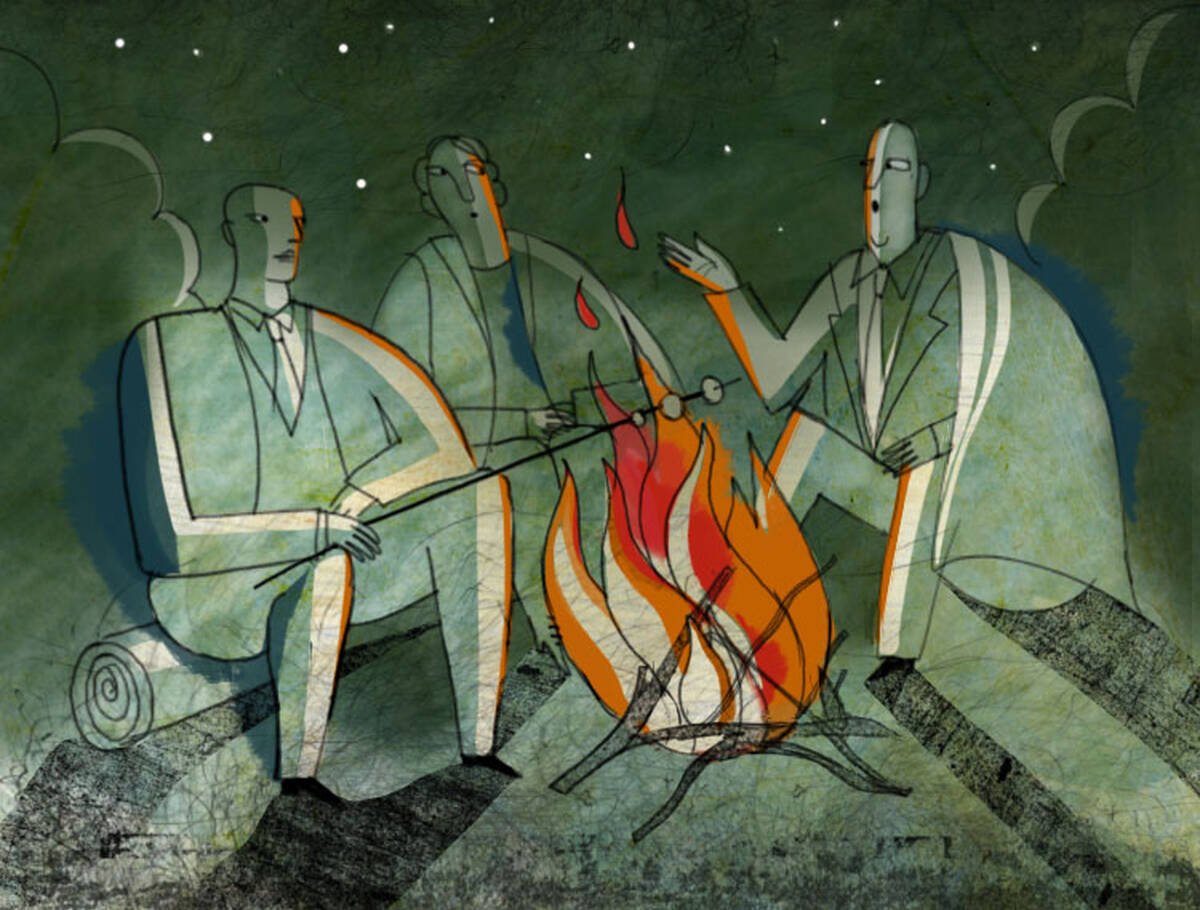
TL;DR
The world is made of stories, not just atoms. Numbers are powerful storytelling tools, but their context and the process behind them matter more than their precision. Embracing a storytelling mindset fosters critical thinking, skepticism, and a deeper understanding of the complexities and uncertainties in decision-making.
What is the world made of? I have an answer that will not make your chemistry teacher and her atoms proud; the world is made of stories.
Two days ago in my project management class, we had a meaningful discussion on risk management in decision-making, touching on decision trees. Towards the end, the professor mentioned that decision trees were great, but the trick was getting the numbers.
Numbers, it turns out, can be used in many ways, two of which are in the exact sciences and the sciences of estimation. I will argue that even when they are used in exact sciences, they hardly ever need to be exact, as they need only be good enough. The chemist has more use for exactness than the statistician (even though she rarely achieves absolute exactness), and do historians even care about exactness?
I want to convince you that we are building a better world when we focus on telling and discerning stories that are correct and useful in a persuasive way.
Think of this: whenever your project manager quantifies the risk of an undertaking as being 0.01%, what they are hoping for is that you will be convinced off the bat that signing the project off will earn you (and them) a holiday trip to Dubai. They do not want to spend a month trying to tell you in words and screams that they really think you have a better chance of making more money than losing your principal if you listened to them; 0.01% is only a story.
A forensic analysis of this lovely 0.01% could (as is often the case when the risk is reported as 0.01%) reveal that our able project manager has cooked up some really ridiculous assumptions and bet on a future that may only materialize in Atlantis. The numbers are the result of a storytelling process that, more often than is appreciated, is rife with sources of error and causes for concern.
Why am I very focused on numbers?
I think that numbers are the most effective vector for telling useless and harmful stories that mislead people and tear down the world. This is partly because our society drives the overarching narrative that numbers are for mini-Einsteins only, and we have a tendency to think that numbers are a result of rigor. The first reason is almost evident, so I will try to elaborate on the second reason only.
This seems obvious to me across various domains. The first time I learned of capital budgeting, I thought I had found the holy grail for making capital allocation decisions, until I realized that the process of getting the numbers that went into that framework was more important than the framework. The same can easily be said for company valuation methods and risk analysis methods, and I guess you are adding that list now. Process, it seems, is of paramount importance.
Why do I keep talking about stories? What is the connection?
I like to think of process as story telling; I love stories. When we hear stories, we identify the plot, identify inconsistencies, ask questions along the way, and do not take the conclusion at face value. It turns out that we could be a lot better at doing our jobs—and building the world by extension—if we brought our story-telling minds to everything we see, hear, or say.
Always remember, everything is a story; flee from face values, and you MAY build the world (well, it turns out it may be more complex and less certain than just saying, seeing, or hearing; you may need to shove some sand).